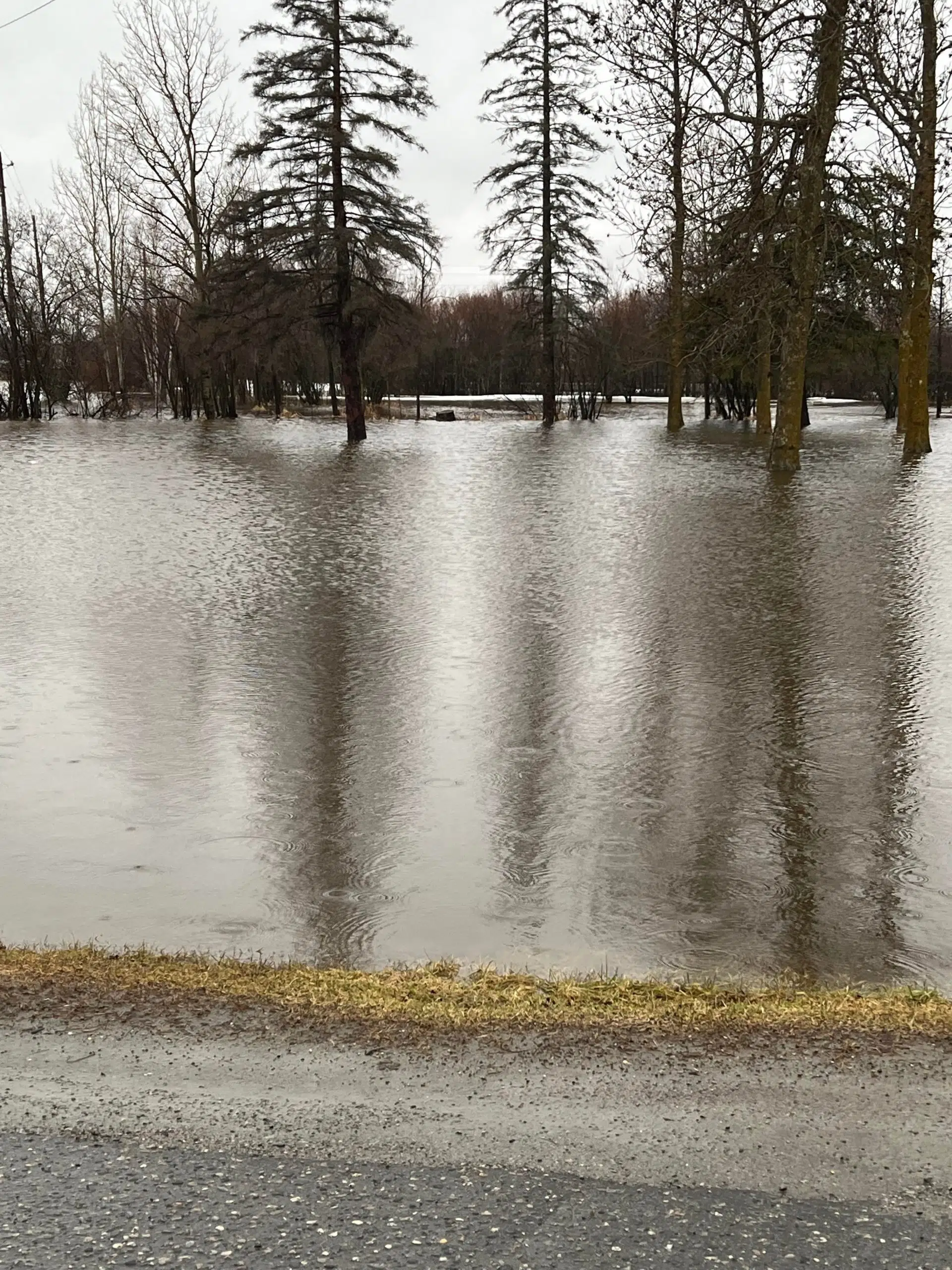
Although water levels are starting to recede in some areas, they remain extremely high in several communities and rural areas.
That has prompted the Northwestern Health Unit to issue an alert of health risks associated with flooding.
Local officials state when flooding impacts buildings, prolonged wet or damp conditions can cause mould that can lead to allergic reactions and asthma.
Chronic or severe exposure to mould can cause symptoms like eye, skin, nose and throat irritation, as well as headaches, poor concentration, and fatigue.
The flooding can also impact private drinking water wells and result in contamination of the ground water in the well.
If this is the case you are urged to use a different source of water for drinking, preparing food, and brushing teeth.
You can also boil the water for at least one minute.
For more information visit Boil Water Advisories.
Other tips:
-When the flood waters recede, take a well water sample to make sure that your water is ok to drink again. Wells that have been contaminated with flood water may require disinfection before they can be safely used.
-Food that has been in contact with flood waters or has been stored in basements or other areas that have been flooded should be discarded, except for undamaged canned goods.
-Labels from undamaged cans should be removed, and wash and disinfect the cans before they are opened.
-Structural and electrical safety concerns can also exist when dealing with flood conditions. Please visit Canada’s After a Flood webpage for more information about safely re-entering your home and cleaning up after a flood.
Visit Health Canada’s Floods and Your Health webpage for information about the potential dangers of flood water.



